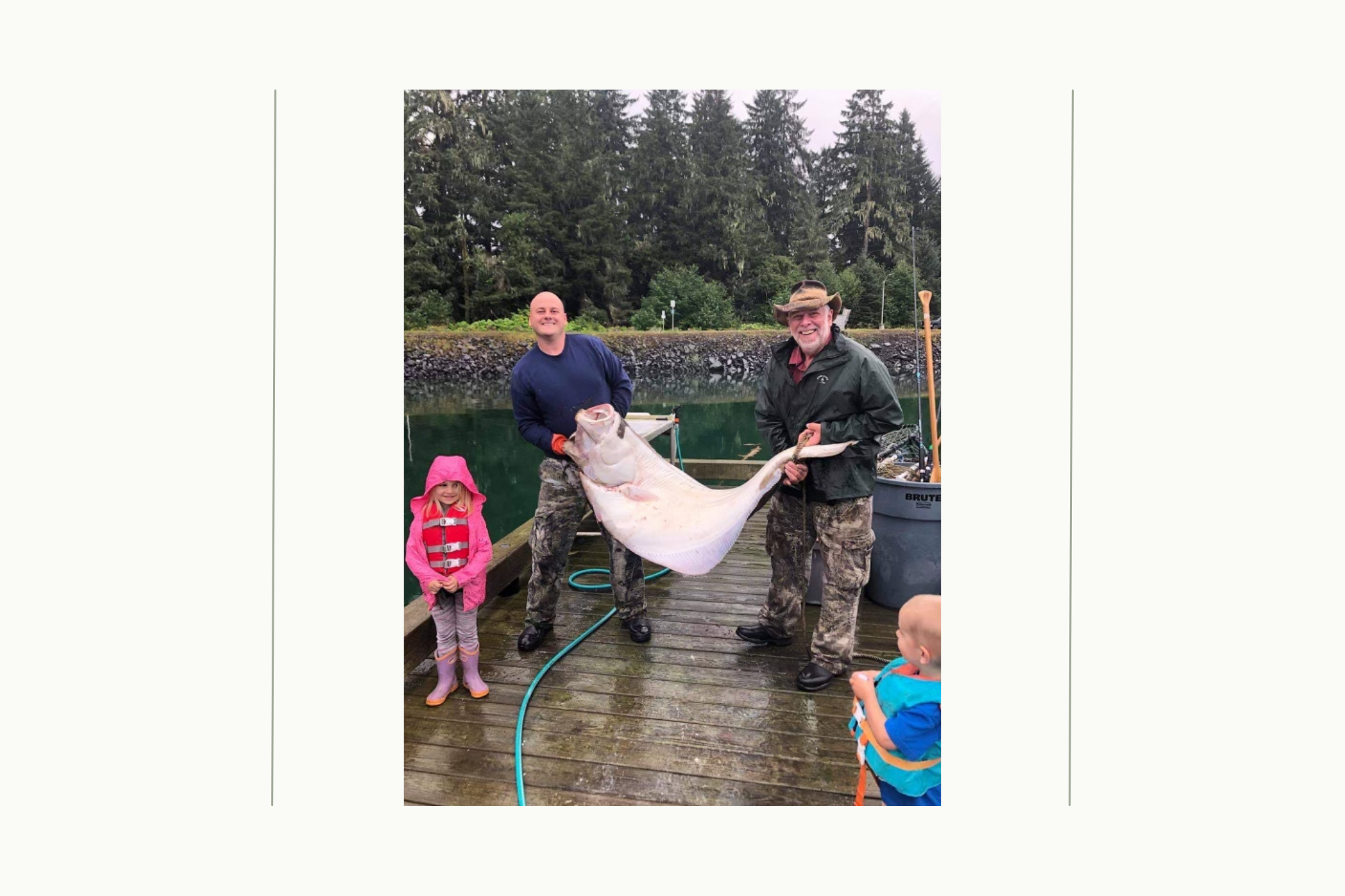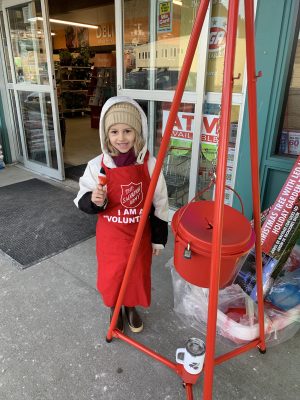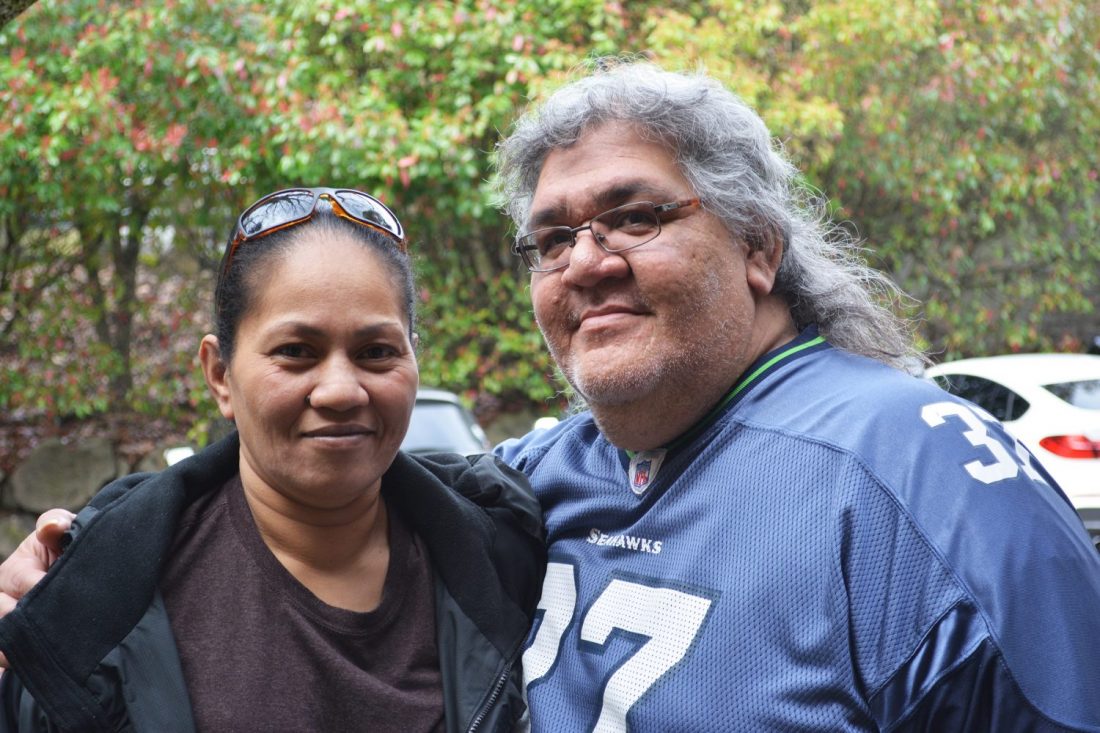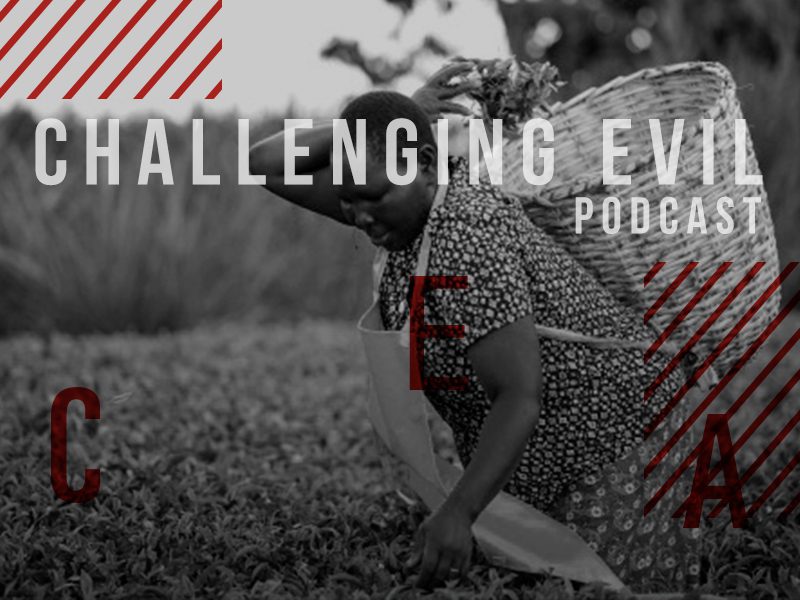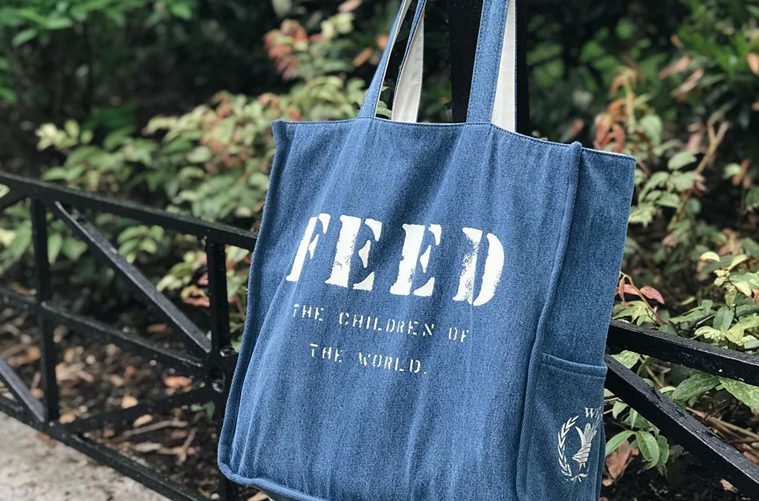Listen to this article
Listen to this article
Loading
Play
Pause
Options
0:00
-:--
1x
Playback Speed- 0.5
- 0.6
- 0.7
- 0.8
- 0.9
- 1
- 1.1
- 1.2
- 1.3
- 1.5
- 2
Audio Language
- English
- French
- German
- Italian
- Spanish
Open text
in alaska, a volunteer breaks down barriers at salvation army food pantry. after the pandemic sidelined his career, scott glaze volunteers more at the salvation army, both giving and receiving assistance. when scott glaze joined the salvation army wrangell (alaska) corps advisory board in 2015, shortly after moving to the island, he had two simple motivations: he wanted to meet residents in his new community and he wanted to help others. little did he know that years later, he’d be the one both on the giving and receiving end of the help. eight years ago, glaze left his home in north carolina to visit his daughter and son-in-law in the tiny town of wrangell, home to about 2,000 residents, according to the 2020 u.s. census. the couple had just moved to the island months earlier. one sunny may morning during his visit, he was sitting at their dining room table alone, gazing at the choppy ocean waters. “as i was admiring the view, a whale jumped out of the water in what seemed like their front yard,” he said. “i just couldn’t believe it.”. that sealed it. glaze accepted a job working as the risk and compliance and safety officer for wrangell medical center, a 22-bed critical access hospital and long-term care facility on the island. during the pandemic, glaze’s position was eliminated after steep revenue declines. with limited job opportunities on the island and a strong desire to stay, glaze decided to semi-retire at age 60. he started a woodworking business and sells cutting boards, checkerboards, serving trays, 3d cabin puzzles and more that he makes from the red and yellow cedar wood milled locally. scott glaze made this cedar chest out of red and yellow cedar wood milled locally. it was auctioned off at the inaugural red kettle dinner held in october 2022. the chest brought in $550, and the event raised over $10,000—the first event of its kind held in wrangell. since 2021, glaze and his wife debbie, who splits her time between wrangell and the couple’s home in north carolina, have volunteered at the salvation army’s food pantry, packing bags of food for residents who welcome the help. “i was able to spend more time at the salvation army because i wasn’t working,” glaze said. during this time, glaze also began taking a bag of food home as well. “my income was reduced so i started getting a bag and it is such a blessing,” glaze said. “a lot of people who normally wouldn’t go, they see me getting the help and they feel like, ‘hey, he’s getting one, i can, too.’”. each christmas season, scott glaze rings the bell for the salvation army with his granddaughter, leighetta. food insecurity is one of the biggest issues facing the community. as such, when lts jon and rosanna tollerud took over at the wrangell corps in late 2019, they switched the pantry from a monthly to a weekly program. the volunteers who run the pantry are crucial to its success, said jon tollerud, who estimates that the glazes each contribute more than $3,500 in volunteer man hours a year, based on alaska’s minimum wage. this estimation results in saving the corps almost $10,000 per year in employee wages—funds that can then be allocated in other ways to further the mission of the salvation army. “scott and debbie are just wonderful volunteers, and their charisma and attitude are infectious not just to us, but our clients as well,” tollerud said. “they always ensure that they take time to talk with every person and find out how their week is beginning or get up to date on the previous week’s big events… they have also shown many people how easy it is to partake of the offerings the pantry has and have helped break down the barriers some have for using such a service.”. most weeks, the pantry serves anywhere from 20 to 30 families. tollerud said the rising price of groceries has been challenging for the community. scott glaze made this 8-foot cross, which is erected atop a rock pinnacle on the shoreline and looks like it’s standing on the water at high tide. on good friday, a black shroud will be placed on the cross and replaced with a white cloth on easter morning in celebration of jesus’s victory over sin and death. “the price of getting goods and services here is hard to fathom, with eggs currently at $6-$8 per dozen and milk from $7-$9 per gallon,” tollerud said. “this means our dollars don’t stretch as much as we would like.”. while the pantry doesn’t have enough space to allow people to shop, like in a client choice model, the corps does offer a selection system that lets people pick their items, including weekly specials, from a list. volunteers also hand out frozen meat, milk and eggs when available. “typically, someone can visit the food pantry and leave with anywhere between $100-$250 a week in value from what is available,” tollerud said. “our volunteers continue to keep this system working and working well.”. do good:. see how the salvation army fights hunger. you can make an impact in the fight for good with whatever time and skills you have. whatever your interest, there is a you-sized need for goodness in the world. get the guide on how to be an impactful volunteer and get in the fight for good today. learn how the salvation army works to break the cycle of generational poverty with hope.
Open context player
Close context player
Plays:-Audio plays count
in alaska, a volunteer breaks down barriers at salvation army food pantry. after the pandemic sidelined his career, scott glaze volunteers more at the salvation army, both giving and receiving assistance. when scott glaze joined the salvation army wrangell (alaska) corps advisory board in 2015, shortly after moving to the island, he had two simple motivations: he wanted to meet residents in his new community and he wanted to help others. little did he know that years later, he’d be the one both on the giving and receiving end of the help. eight years ago, glaze left his home in north carolina to visit his daughter and son-in-law in the tiny town of wrangell, home to about 2,000 residents, according to the 2020 u.s. census. the couple had just moved to the island months earlier. one sunny may morning during his visit, he was sitting at their dining room table alone, gazing at the choppy ocean waters. “as i was admiring the view, a whale jumped out of the water in what seemed like their front yard,” he said. “i just couldn’t believe it.”. that sealed it. glaze accepted a job working as the risk and compliance and safety officer for wrangell medical center, a 22-bed critical access hospital and long-term care facility on the island. during the pandemic, glaze’s position was eliminated after steep revenue declines. with limited job opportunities on the island and a strong desire to stay, glaze decided to semi-retire at age 60. he started a woodworking business and sells cutting boards, checkerboards, serving trays, 3d cabin puzzles and more that he makes from the red and yellow cedar wood milled locally. scott glaze made this cedar chest out of red and yellow cedar wood milled locally. it was auctioned off at the inaugural red kettle dinner held in october 2022. the chest brought in $550, and the event raised over $10,000—the first event of its kind held in wrangell. since 2021, glaze and his wife debbie, who splits her time between wrangell and the couple’s home in north carolina, have volunteered at the salvation army’s food pantry, packing bags of food for residents who welcome the help. “i was able to spend more time at the salvation army because i wasn’t working,” glaze said. during this time, glaze also began taking a bag of food home as well. “my income was reduced so i started getting a bag and it is such a blessing,” glaze said. “a lot of people who normally wouldn’t go, they see me getting the help and they feel like, ‘hey, he’s getting one, i can, too.’”. each christmas season, scott glaze rings the bell for the salvation army with his granddaughter, leighetta. food insecurity is one of the biggest issues facing the community. as such, when lts jon and rosanna tollerud took over at the wrangell corps in late 2019, they switched the pantry from a monthly to a weekly program. the volunteers who run the pantry are crucial to its success, said jon tollerud, who estimates that the glazes each contribute more than $3,500 in volunteer man hours a year, based on alaska’s minimum wage. this estimation results in saving the corps almost $10,000 per year in employee wages—funds that can then be allocated in other ways to further the mission of the salvation army. “scott and debbie are just wonderful volunteers, and their charisma and attitude are infectious not just to us, but our clients as well,” tollerud said. “they always ensure that they take time to talk with every person and find out how their week is beginning or get up to date on the previous week’s big events… they have also shown many people how easy it is to partake of the offerings the pantry has and have helped break down the barriers some have for using such a service.”. most weeks, the pantry serves anywhere from 20 to 30 families. tollerud said the rising price of groceries has been challenging for the community. scott glaze made this 8-foot cross, which is erected atop a rock pinnacle on the shoreline and looks like it’s standing on the water at high tide. on good friday, a black shroud will be placed on the cross and replaced with a white cloth on easter morning in celebration of jesus’s victory over sin and death. “the price of getting goods and services here is hard to fathom, with eggs currently at $6-$8 per dozen and milk from $7-$9 per gallon,” tollerud said. “this means our dollars don’t stretch as much as we would like.”. while the pantry doesn’t have enough space to allow people to shop, like in a client choice model, the corps does offer a selection system that lets people pick their items, including weekly specials, from a list. volunteers also hand out frozen meat, milk and eggs when available. “typically, someone can visit the food pantry and leave with anywhere between $100-$250 a week in value from what is available,” tollerud said. “our volunteers continue to keep this system working and working well.”. do good:. see how the salvation army fights hunger. you can make an impact in the fight for good with whatever time and skills you have. whatever your interest, there is a you-sized need for goodness in the world. get the guide on how to be an impactful volunteer and get in the fight for good today. learn how the salvation army works to break the cycle of generational poverty with hope.
Listen to this article











